Silicone For Skin: Benefits, How To Use, And Side Effects
Because these synthetic polymers have skin-healing and enhancing properties.
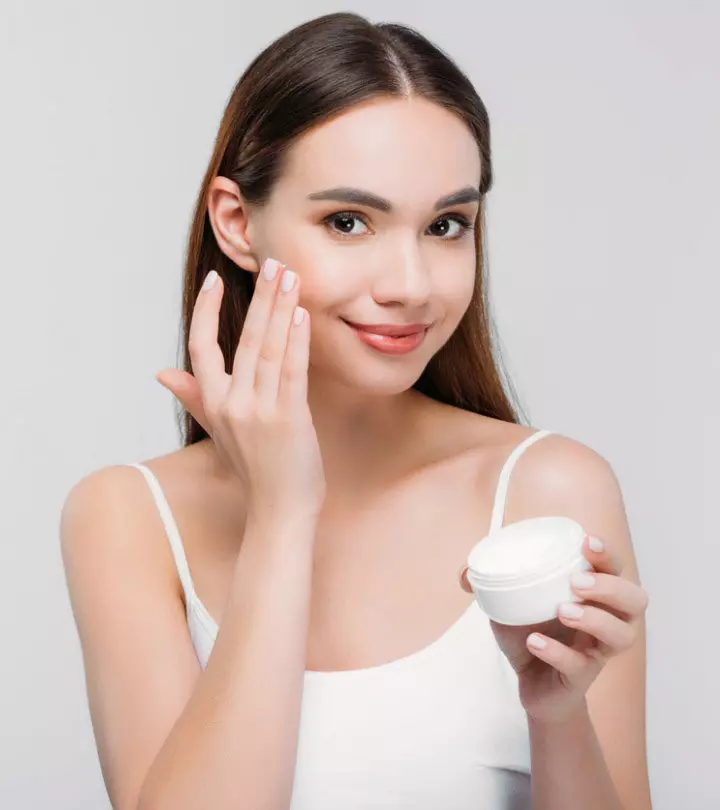
Image: iStock
Silicones are a controversial ingredient in the cosmetic industry, and many think twice before using silicone for skin. Most people believe that silicones may congest the pores and cause acne breakouts. However, they are non-comedogenic and hypoallergenic. Silicones are used in many skin care and cosmetic products to help you attain smooth and silky skin. If you are still worried about their safety and confused about using silicones for your skin or hair, we can help. This article discusses why silicones are used in skin and hair products to help you make an informed decision. Read on.
 Know Your Ingredient: Silicone
Know Your Ingredient: SiliconeWhat Is It?
A colorless, rubber-like polymer commonly used in skin and hair care products.
What Are Its Benefits?
It aids wound healing, helps lock in moisture, and makes the skin soft and smooth.
Who Can Use It?
It can be used by anyone as they are generally non-irritating and hypoallergenic. However, people with sensitive or acne-prone skin should avoid it, as it might aggravate acne.
How Often?
It can be used a few days a week or every day, depending on your skin type. You should consult a medical professional before proceeding with the usage.
Caution
Some individuals might be allergic or sensitive to it. It can cause irritation, dryness, burning, inflammation, swelling, itching, and redness.
In This Article
What Are Silicones?
Silicones are synthetic polymers that contain silicon, oxygen, and other elements, including carbon and hydrogen. From skin care to hair care, silicones are used in a wide range of cosmetic products. The most common types of silicones are:
- Cyclopentasiloxane
- Cyclohexasiloxane
- Dimethicone
- Cetearyl methicone
Wondering what silicone does in skin care products? Read the next section to find out!
Key Takeaways
- Silicones are added to improve the texture of skin care products and make them sweat-resistant and waterproof.
- Many people believe that silicones clog the skin pores and cause acne breakouts, but these synthetic polymers have several skin benefits.
- They may reduce scarring, protect the skin, and enhance the skin texture.
- Try skincare products that contain silicone and use it in the proper way to avoid its side effects.
Why Are Silicones Used In Skin Care Products?
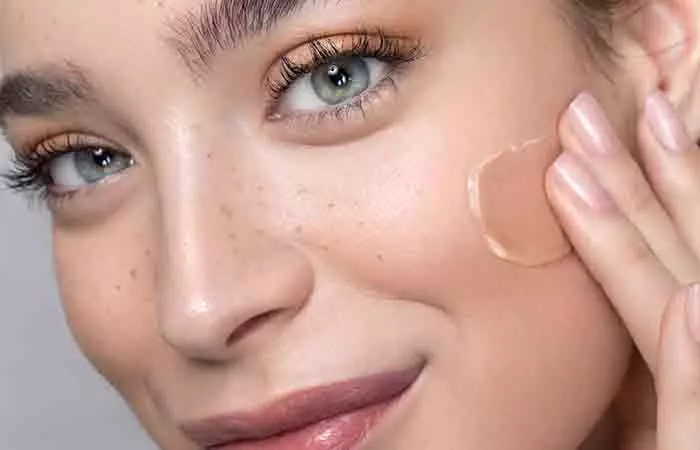
Silicones improve the texture and feel of a product. They are often used in beauty products to give them a non-sticky, matte, and non-oily finish and make them sweat and water-proof.
Silicones don’t penetrate the skin but form a barrier to prevent moisture loss and lock in the products. That is why they are widely used in primers and liquid foundations.
Silicones also fill in wrinkles and fine lines to make the skin appear smoother and are fantastic for leave-on skin care products.
Silicones have a variety of benefits for the skin that you may not be aware of. Keep scrolling to find out.
Benefits Of Silicone For The Skin
1. May Heal Wounds and Improve Scarring
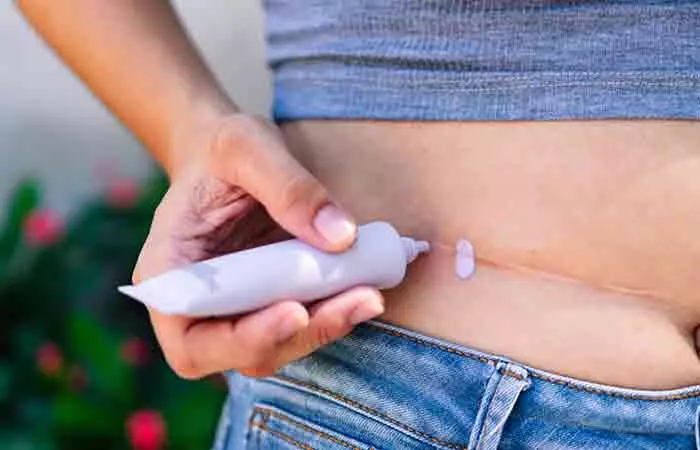
Topical silicone gel products promote wound healing and improve the appearance of scars (1). Products like silicone gel, sheets, and ointments are commonly used in hospitals to repair damaged skin tissues and promote collagen formation. They protect wounds against excessive moisture, dryness, and infections to prevent scarring. and minimize wound redness.
Cassandra, a medical esthetician, skincare expert, and vlogger, used silicone on her skin and noticed improvements. She says, “It is semi-occlusive. It’s kind of an emollient. It still allows moisture to get through…When it comes to silicone, it does have medical uses as well. (i).”
 Did You Know?
Did You Know?Silicone gels are widely used in treatment of severe burns medically. They heal and seal wounds while also letting them breathe.
2. May Improve The Skin Texture
Dimethicone, a type of silicone, is commonly used in cosmetics and skin care products like creams, lotions and serums to make the skin feel silky smooth, soft, and mattified. It also helps fill the pores and facial fine lines, efficiently smoothing the skin’s texture.
3. May Protect Your Skin
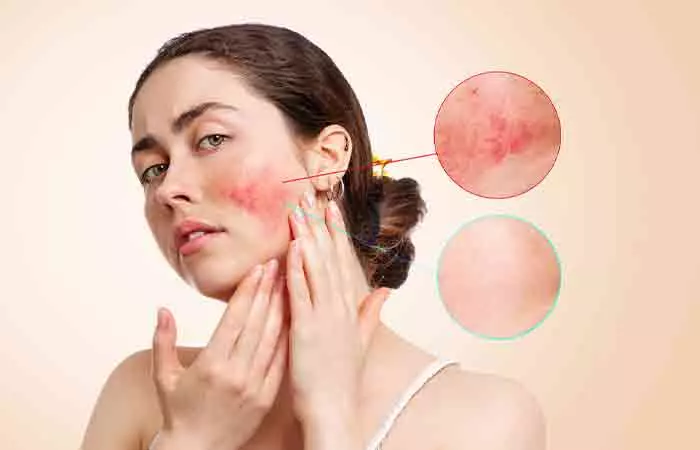
As per the Cosmetic Ingredient Review (CIR), dimethicone is a safe skin care component that reduces irritation and redness and protects the skin from additional harm (2). It is also used as a moisturizer, preventing moisture loss, and improving skin health and appearance, giving it a hydrated and plump look.
4. May Enhance Makeup Longevity
Silicones form a smooth, even base that improves makeup adherence, making silicone-based primers a favorite among makeup artists. They reduce creasing and fading, and by creating a barrier, prevent makeup from sinking into fine lines, ensuring a fresh look for hours. Understanding the role of silicones in makeup can empower you to make informed cosmetic choices.
If you are wondering about how to use silicones as an anti-aging remedy and for improving your skin wellness, here is the answer.
How To Use Silicone For Skin
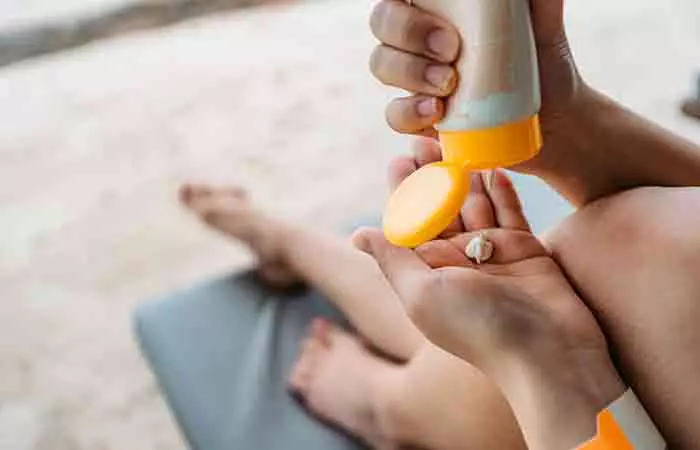
Prescription silicone products are available for use on scars. Silicone is also found in various skin care products like moisturizers, serums, primers, and sunscreens. You can buy products with silicones and use them as per the instructions.
In the next sections, we have answered some common queries that you may have regarding silicones.
 Quick Tip
Quick TipExperts advise against using silicones with comedogenic products, as it may lead to pore clogging and breakouts.
Is Silicone Good Or Bad For Your Skin?
Silicones do not offer long-term improvement unless you are using them for wound healing. Topical silicones do not damage the skin and may offer temporary benefits by making it feel smoother and softer.
Does Silicone Cause Acne?

No. Silicones are classified as non-comedogenic, meaning they cannot clog the pores. However, people with acne-prone and oily skin types are advised to avoid silicone-based products. If you do not cleanse them properly, silicone residue may trap dirt and oil and aggravate acne.
Silicone may not cause acne on its own, but improper usage may trigger breakouts. Hence, it is important to remove your makeup and cleanse your skin twice a day to prevent this. Silicone may also trigger allergic reactions. The next section explores the side effects in detail.
Side Effects Of Silicone On The Skin
Silicone may trigger allergic reactions and cause side effects like:
- Irritation
- Dryness
- Inflammation
- Swelling
- Burning
- Itching
- Redness
If you notice these symptoms, discontinue using the product and consult a doctor.
Infographic: Top Skin Benefits Of Using Silicone
Silicone is a common ingredient found in skin care products. It forms a protective barrier on the skin’s surface and makes it soft and smooth. In the infographic below, we have listed the top skin benefits of silicone. Check it out to know more.

Illustration: StyleCraze Design Team
Silicones are not easily welcomed as skin care ingredients, as most people believe they are not safe for the skin. However, using silicones like dimethicone, cetearyl methicone, or cyclopentasiloxane for skin is not a bad idea. They are non-comedogenic and leave you with soft and smooth skin. Silicones help lock in the moisture, reduce the appearance of fine lines and wrinkles, and improve skin texture. You can find this ingredient in skin care products like serums, primers, moisturizers, and sunscreens. If you have not encountered any issues using silicone products, there is no need to discontinue them. However, consult a doctor if you experience any side effects.
Frequently Asked Questions
Is glycerin the same as silicone?
No, there is a fundamental difference between silicone and glycerin. Silicone is a non-toxic synthetic compound made of silica, hydrogen, carbon, and oxygen. Glycerin is a natural organic compound derived from animal fats or vegetable oils.
How long does silicone gel take to work?
A silicone gel may take between 2 to 3 weeks to heal the scars.
Can you reuse silicone sheets?
Yes, you can reuse silicone sheets. Ensure that you wash them every day before you apply them.
Illustration: Silicone For Skin: Benefits How To Use It And Side Effects
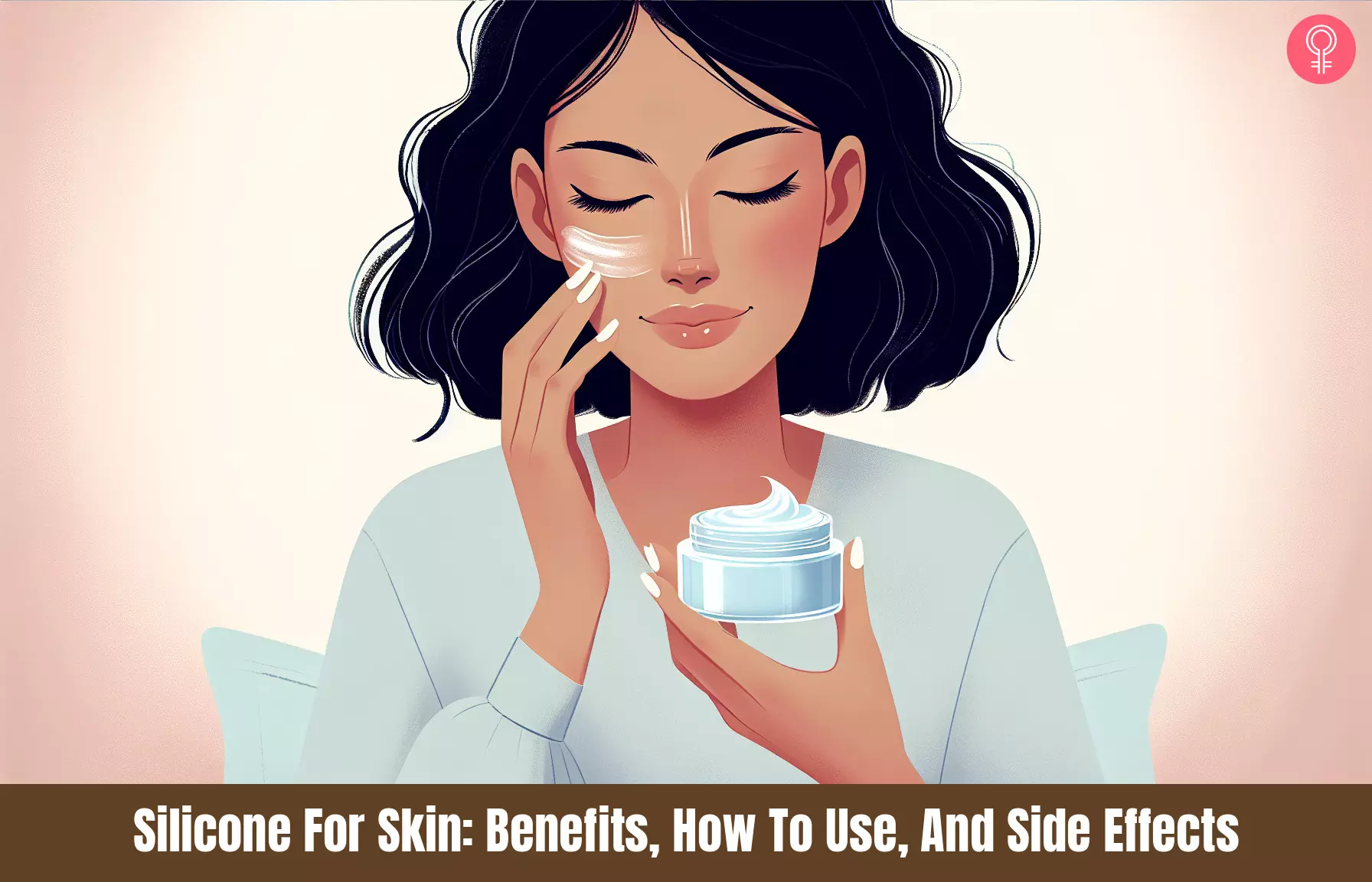
Image: Dall·E/StyleCraze Design Team
Know more about the amazing benefits of silicones in skin and hair care. Check out this video to learn how they can help protect, nourish, and improve the look and feel of your skin and hair.
Personal Experience: Source
StyleCraze's articles are interwoven with authentic personal narratives that provide depth and resonance to our content. Below are the sources of the personal accounts referenced in this article.
i. My True Thoughts On Silicone/Dimethicone;https://www.youtube.com/watch?v=W_HpqOzzpGg
References
Articles on StyleCraze are backed by verified information from peer-reviewed and academic research papers, reputed organizations, research institutions, and medical associations to ensure accuracy and relevance. Read our editorial policy to learn more.
- The Use of Silicone Adhesives for Scar Reduction
https://www.ncbi.nlm.nih.gov/labs/pmc/articles/PMC4486716/ - Safety Assessment of Dimethicone Crosspolymers as Used in Cosmetics
https://www.cir-safety.org/sites/default/files/Dimeth092012rep.pdf
Read full bio of Dr. Nermeen Bedair
Read full bio of Monomita Chakraborty
Read full bio of Anjali Sayee
Read full bio of Swathi E







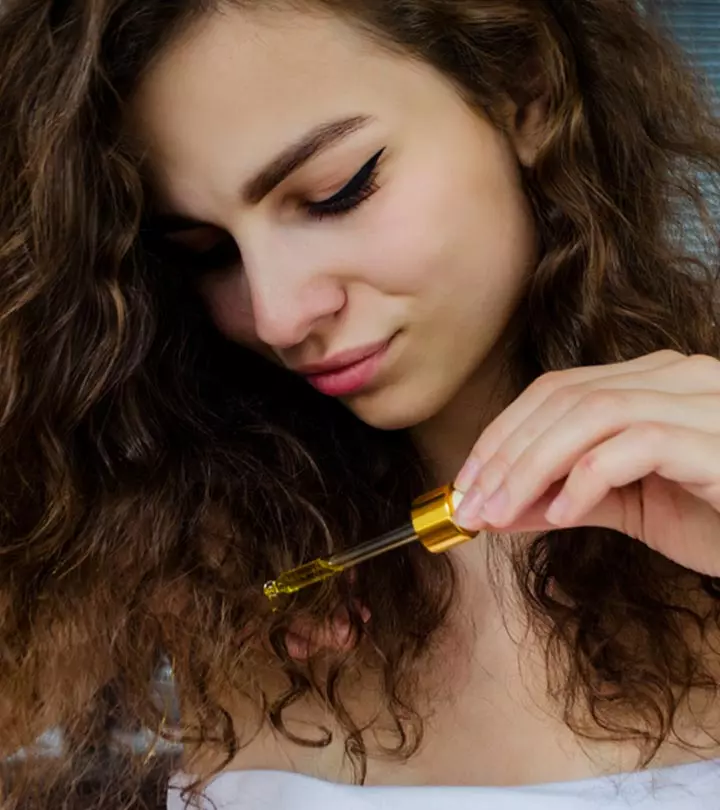


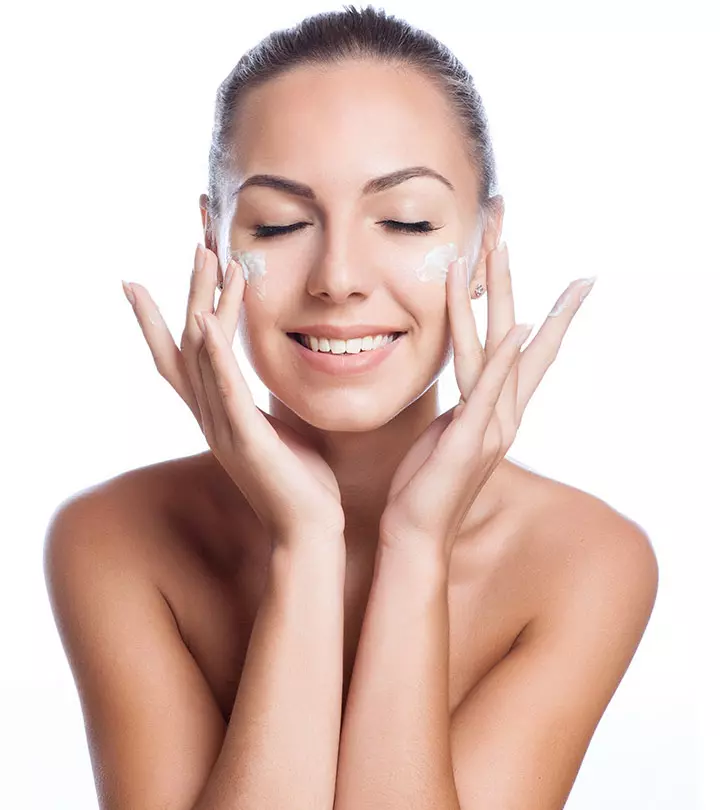

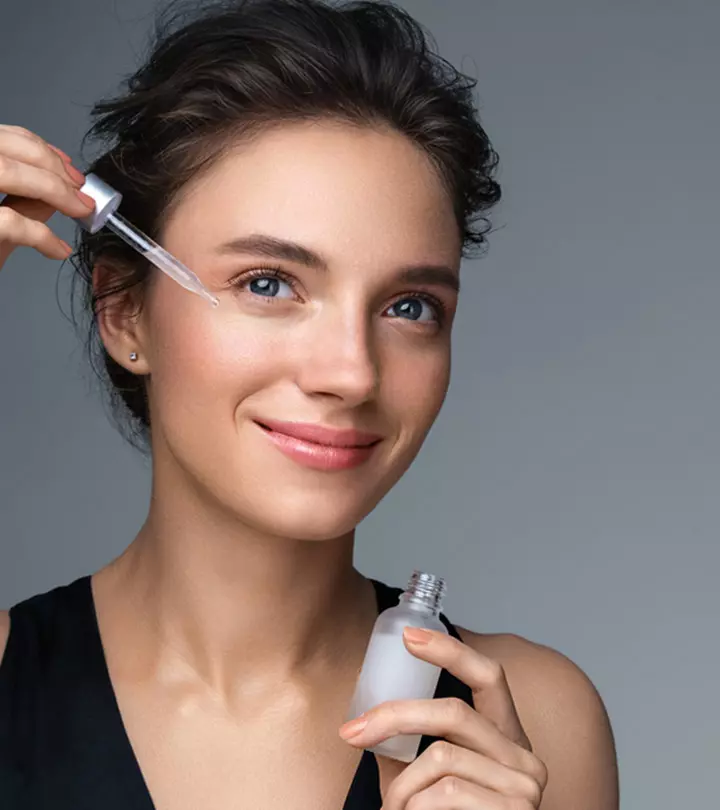
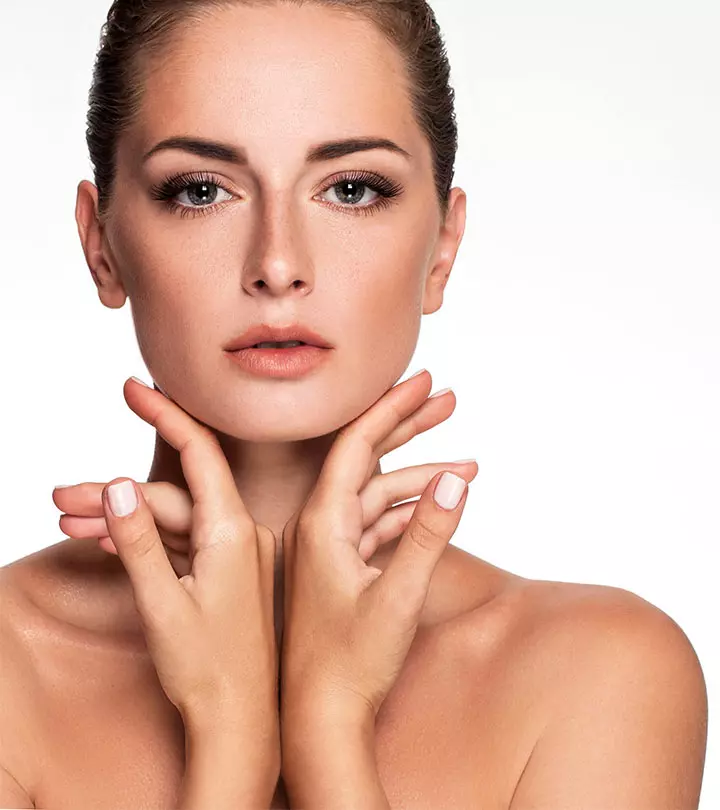

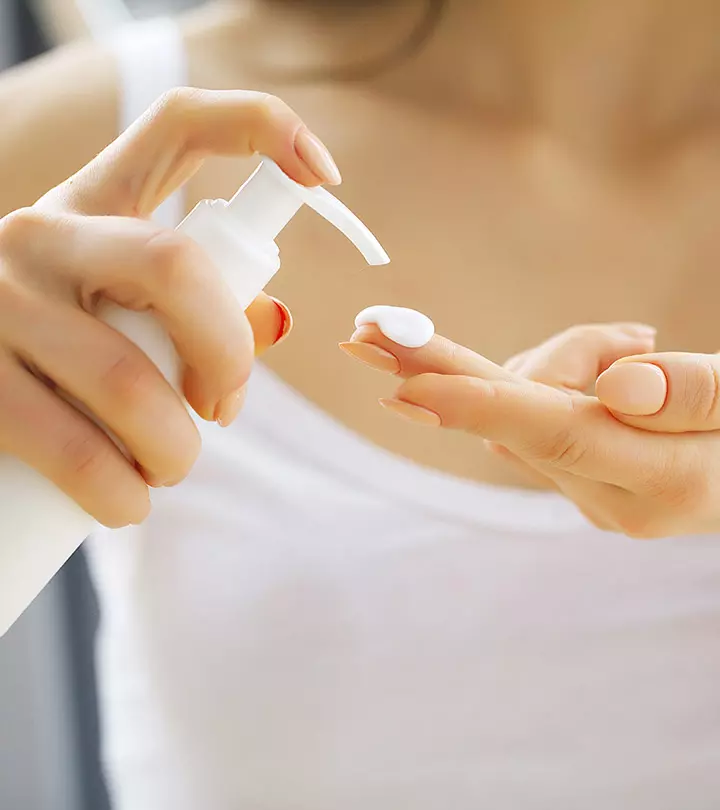
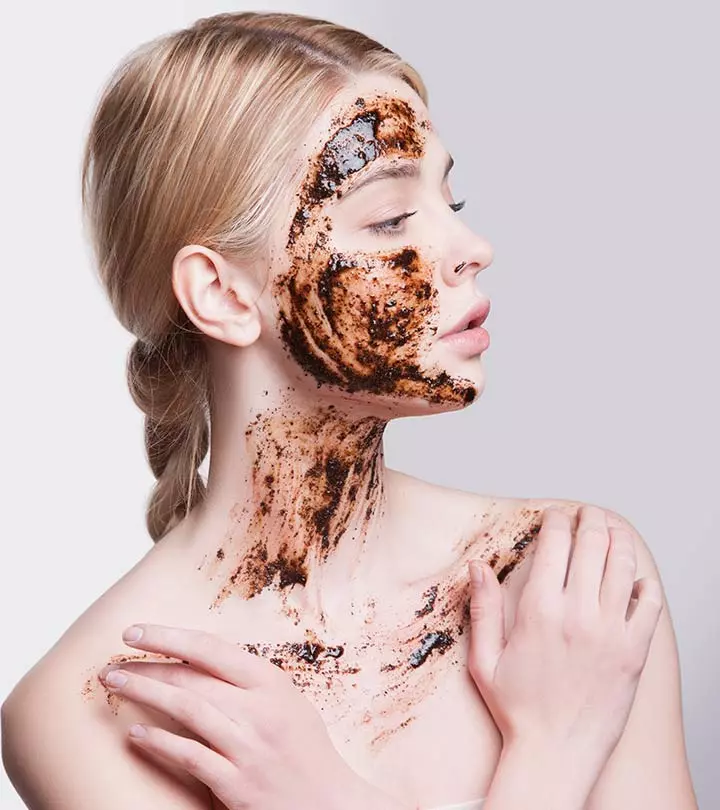

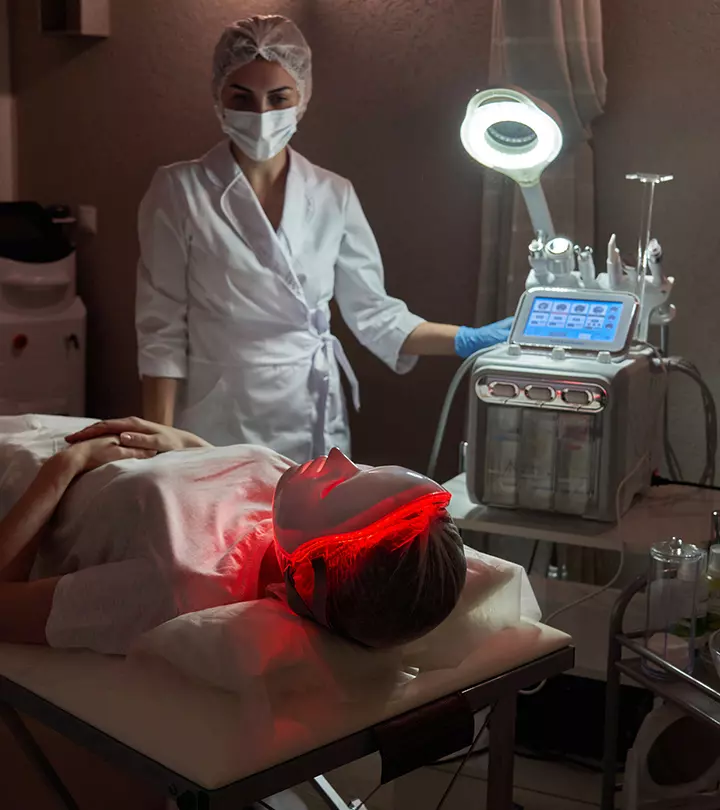
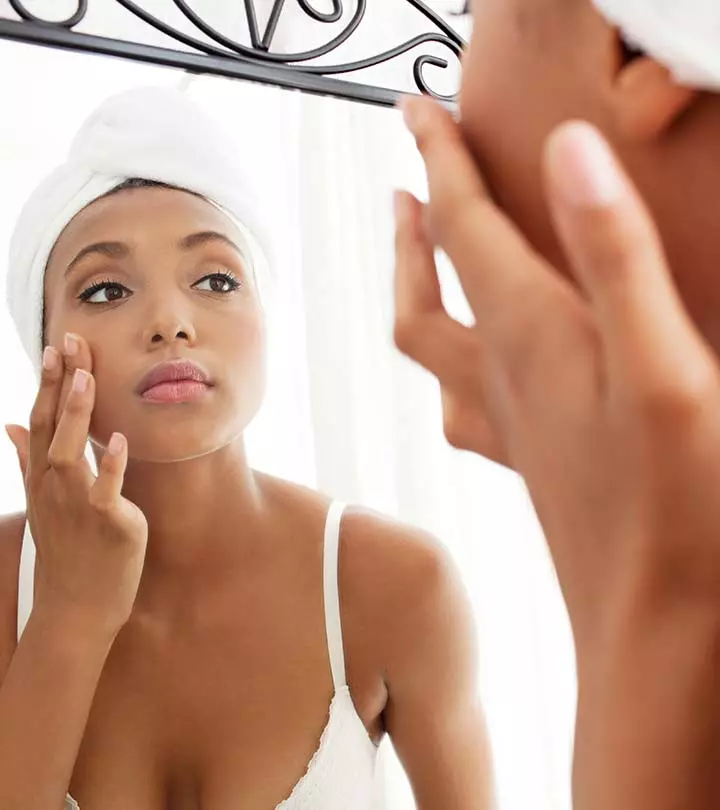
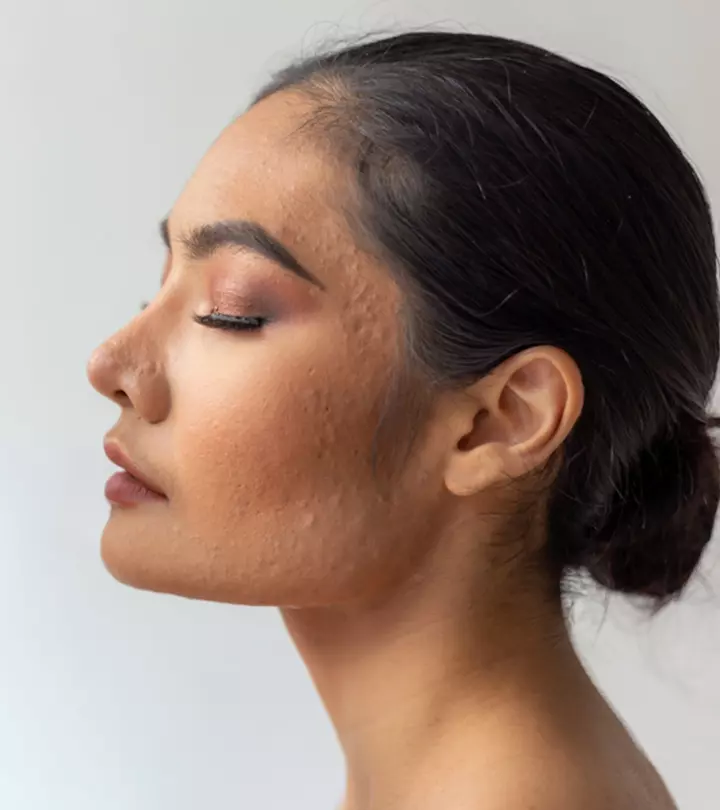
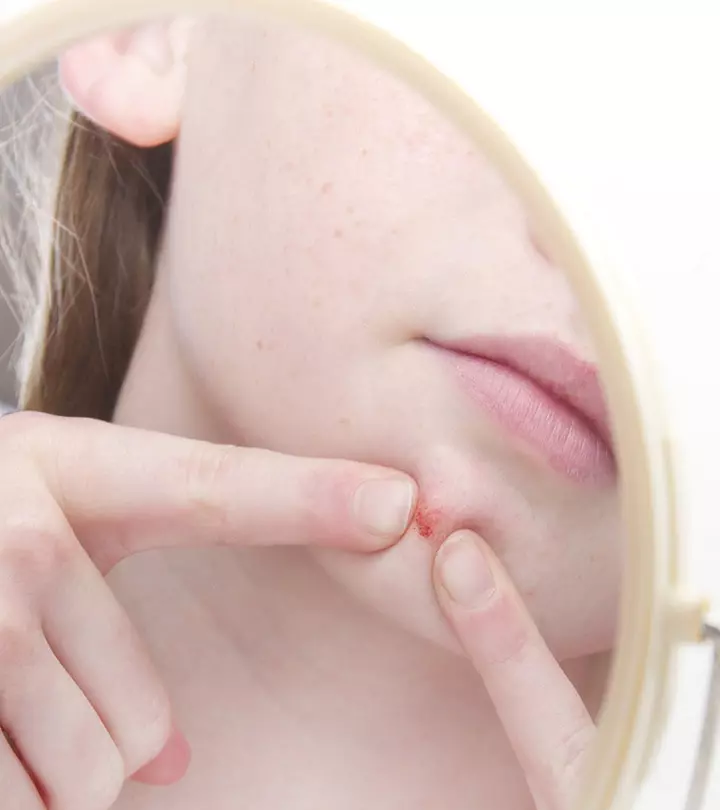

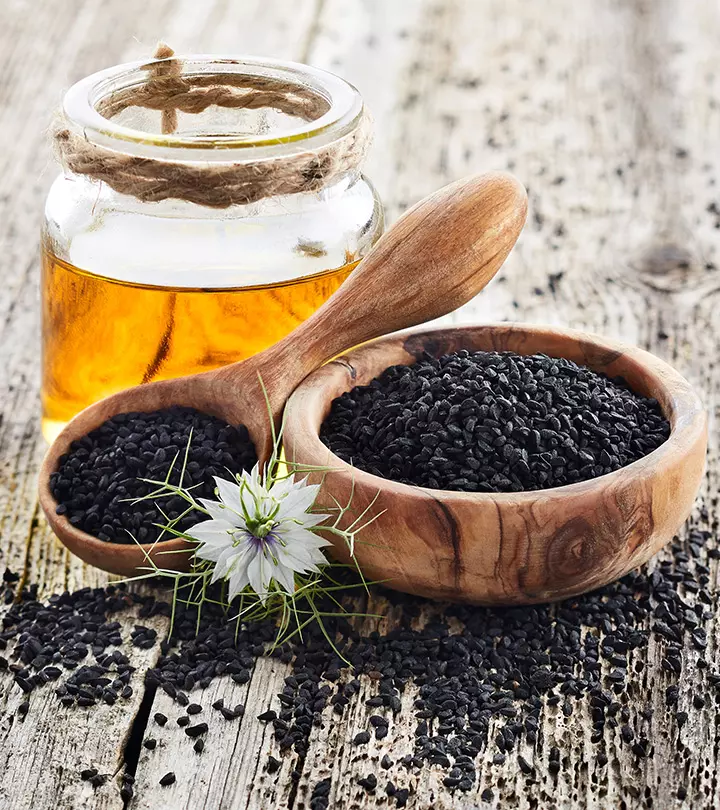
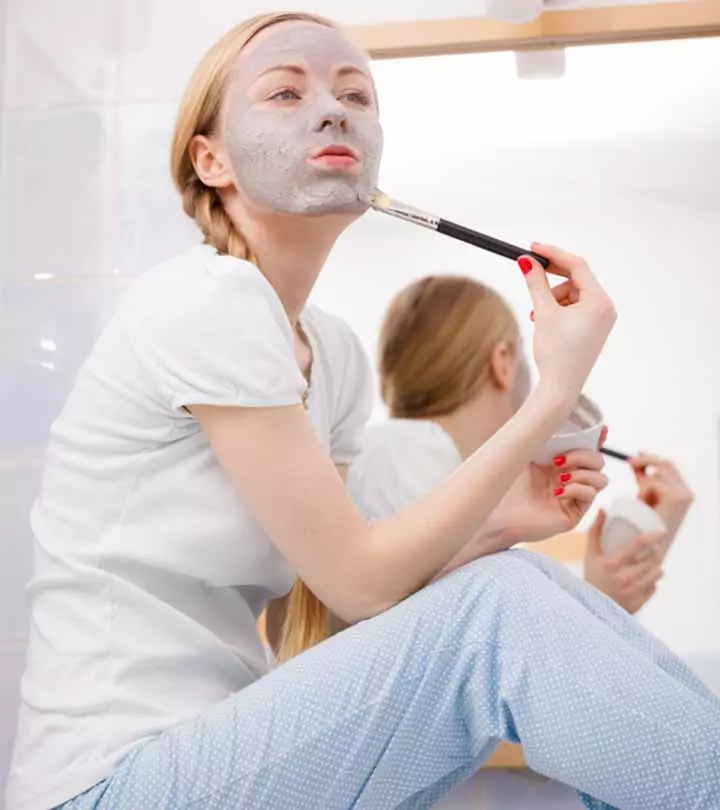
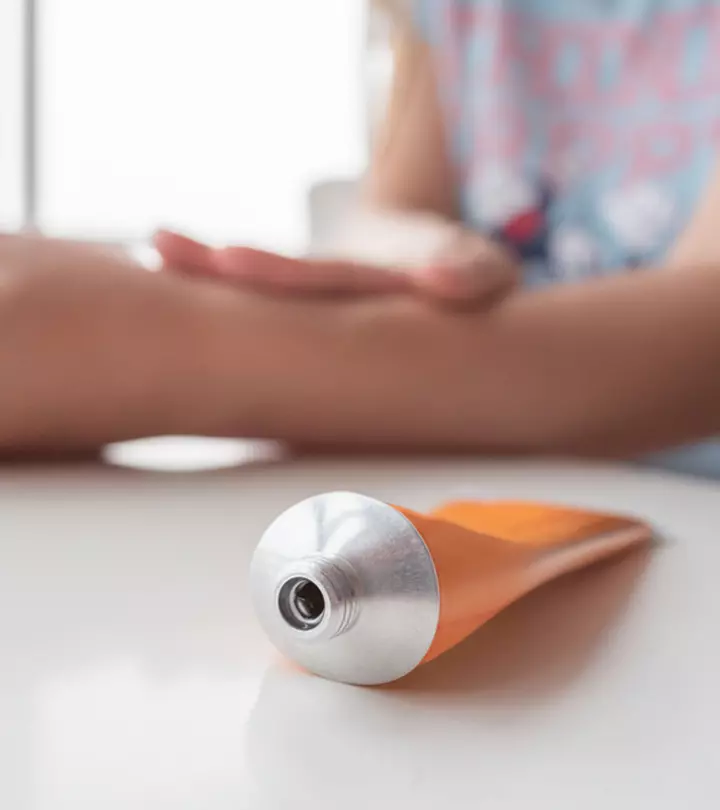
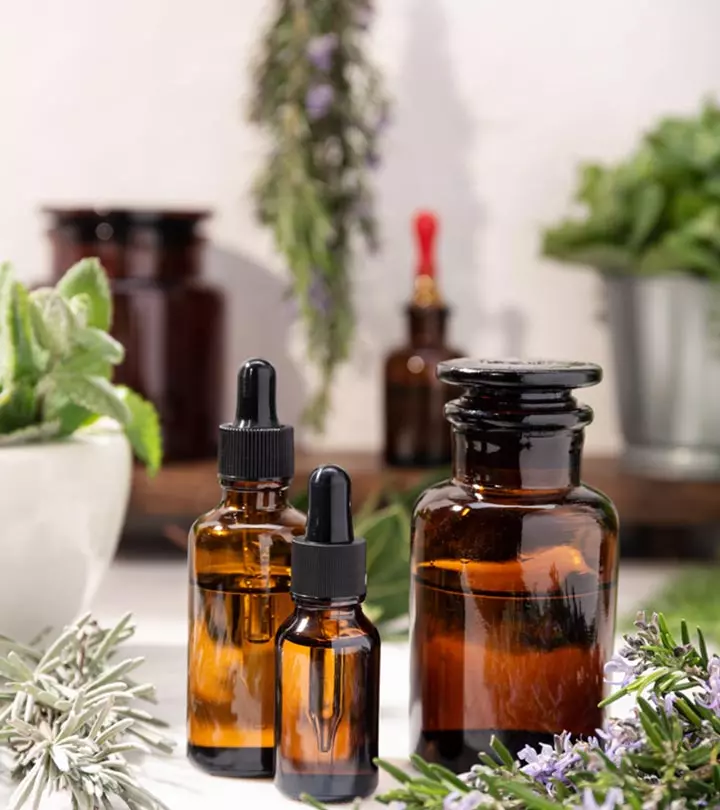
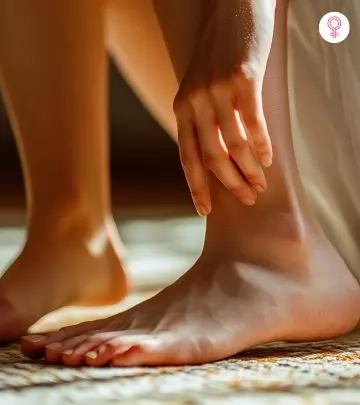
Community Experiences
Join the conversation and become a part of our empowering community! Share your stories, experiences, and insights to connect with other beauty, lifestyle, and health enthusiasts.